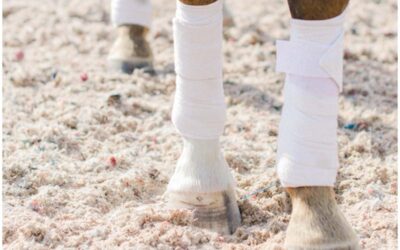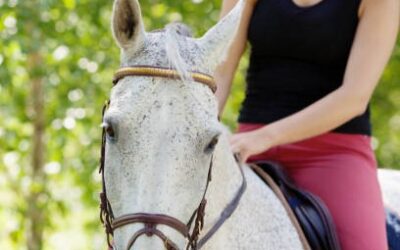The 3 F’s of deliberate practice
You may well have heard of the 10,000 hour rule made famous by Malcolm Gladwell in his book Outliers. It certainly makes an appealing concept, practice anything for 10,000 hours to gain a level of expertise. However, this theory was based on the work of Swedish psychologist Anders Ericsson and whilst Ericsson found that behind all peak performance lies thousands of hours of practice, it is important to note the kind of practice that Ericsson is referring to does not just involve hours of mindless repetition, but in fact a particular kind of practice, deliberate practice. As both a coach and a psychology student the concept of effective practice has always been of great interest to me. For me its what bridges the gap between the knowledge imparted in a coaching session and the consolidation of improved technique, it can be the missing piece of the puzzle for a rider who feels they have reached a plateau and most importantly its something that absolutely everyone has access to. To gain an insight of the concept of deliberate practice we can consider the 3 F’s of deliberate practice, Focus, feedback and fix.
Focus
To improve technique, we have to bring it back into conscious control, the difficulty with this is our conscious mind is very limited. According to George Miller in his psychological paper “The magical number seven plus or minus two” most adults are capable of holding 7 chunks of information (plus or minus 2) in their short-term memory at one time, recent research suggests it may be even less. This makes focus a valuable and limited resource. We can be see this by considering the phenomenon of inattentional blindness, this is when we fail to see something in plain sight because our focus is directed elsewhere (for a great example of this check out the selective attention test from Simons & Chabris on you tube). Its easy for established bad habits to fall under the radar unless our attention is drawn to them. Ever had the experience of your coach pointing out what you are doing with your left wrist/ elbow/ heel and for you to suddenly become aware of it. So, what we choose to focus on really matters. Once we have established a clear internal representation of what we are aiming for, focus allows us to calibrate on that internal representation. Its important to note her that we are picturing what we want to do rather than what we are trying not to do.
Feedback
For practice to be effective quality feedback is essential. This can come in the form of the verbal feedback you get from your coach, the kinaesthetic feedback we get from ourselves, visual feedback from video, mirrors and pictures and perhaps most importantly the feedback you get from your horse. Again its important to stress as a rule once the understanding of the fault has been established feedback must be focused around desired behaviour rather than the fault that is being corrected.
Fix
With many hours of targeted deliberate practice skill becomes automatic, what is often referred to as the autonomous stage or unconscious competence. This frees up your working memory to focus on improving different aspect of your performance. Its also the autonomous stage where performance is at its most fluent and effortless. To quote the sports psychologist Bob Rotella when in competition you must “Train it, then trust it”. However when looking to improve performance, to bring your skill to another level, look no further than Anders Ericsson and his deliberate practice.

![IMG_0522[2715]](https://myequestrianlife.co.uk/wp-content/uploads/2022/08/IMG_05222715.jpg)



0 Comments